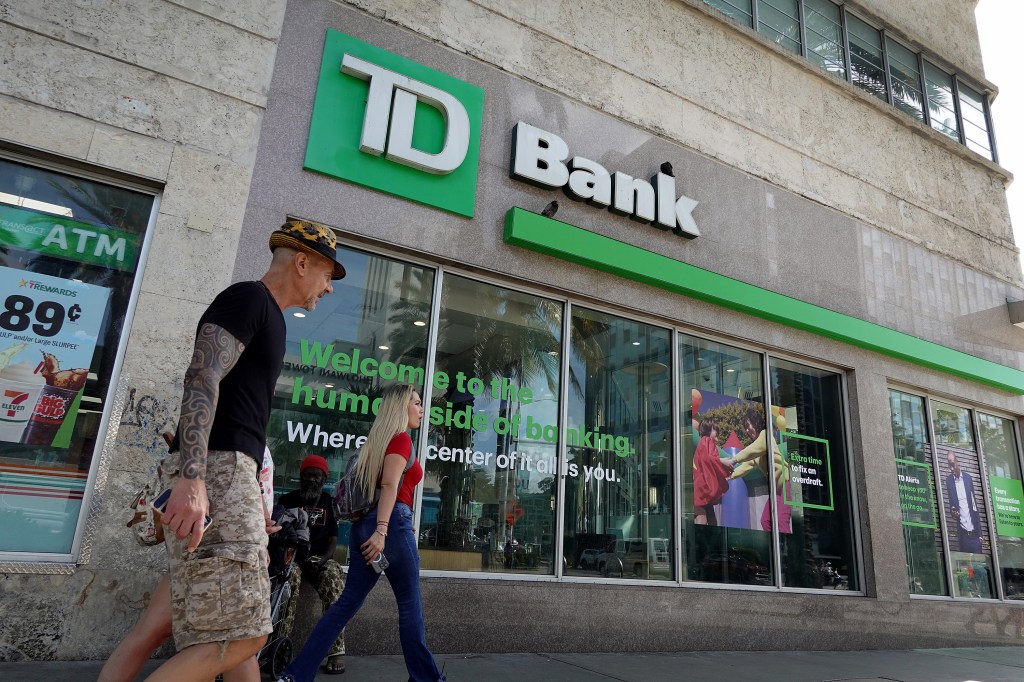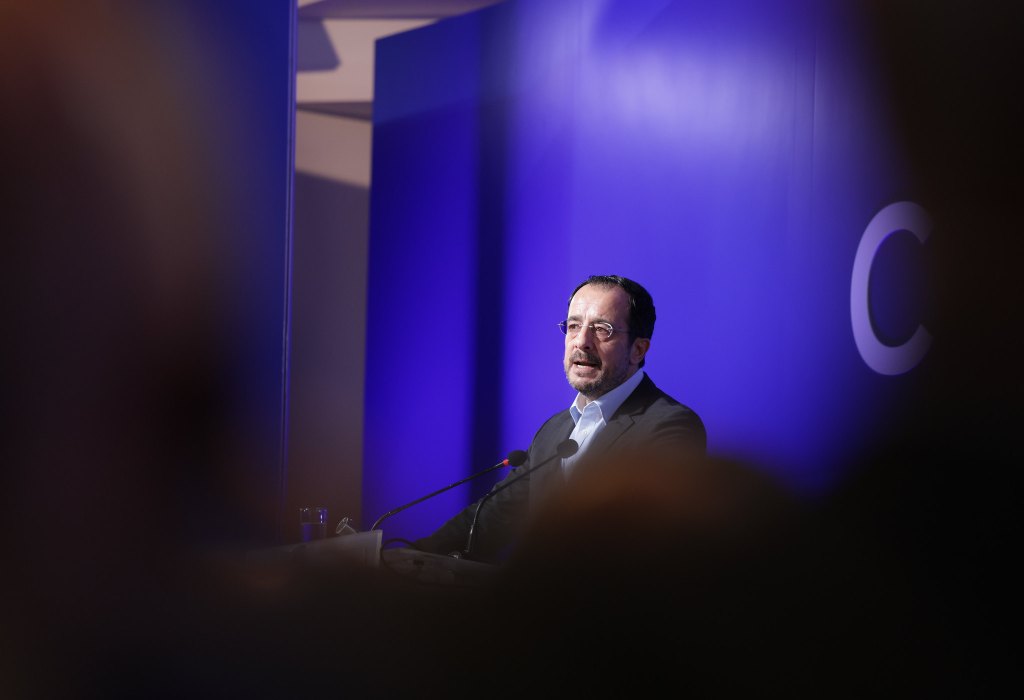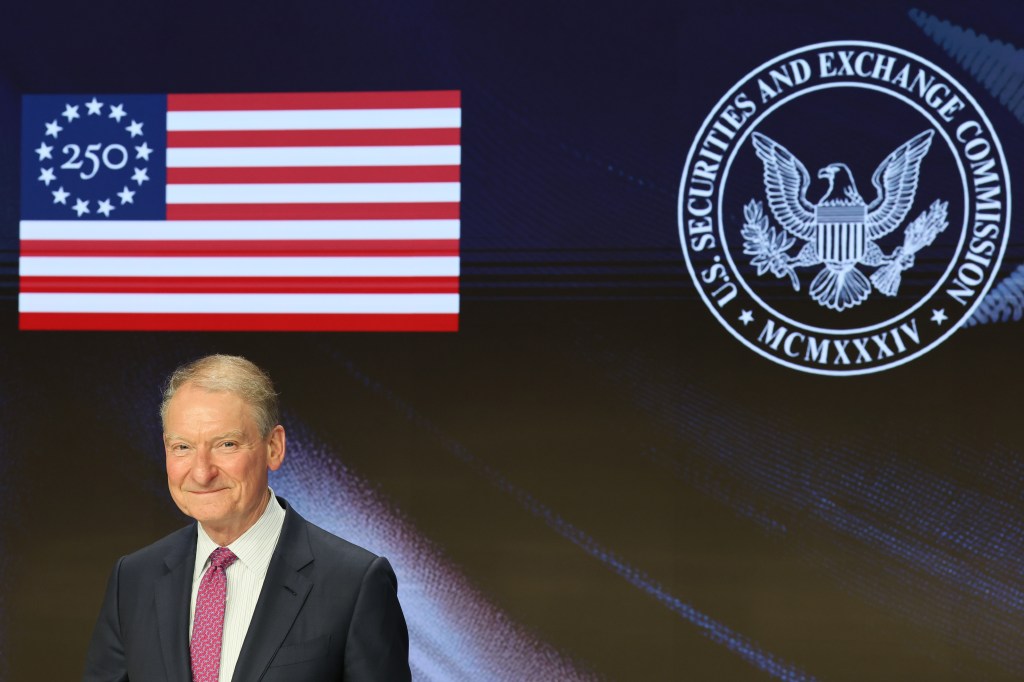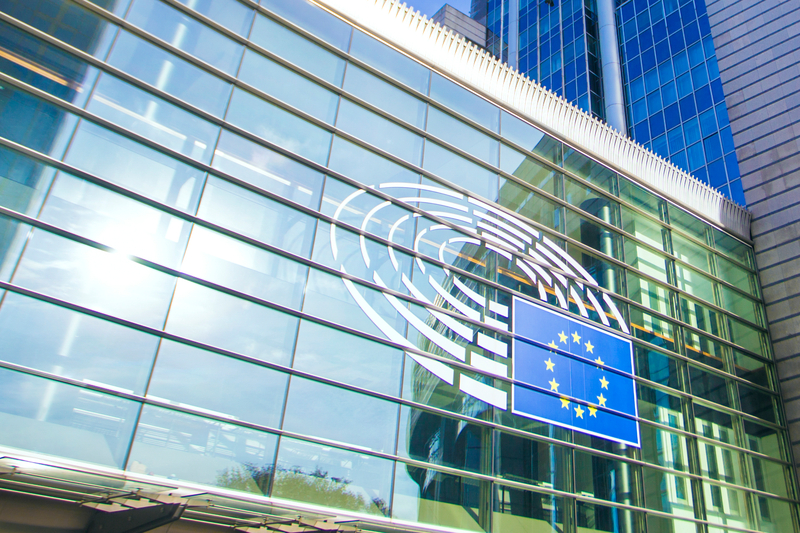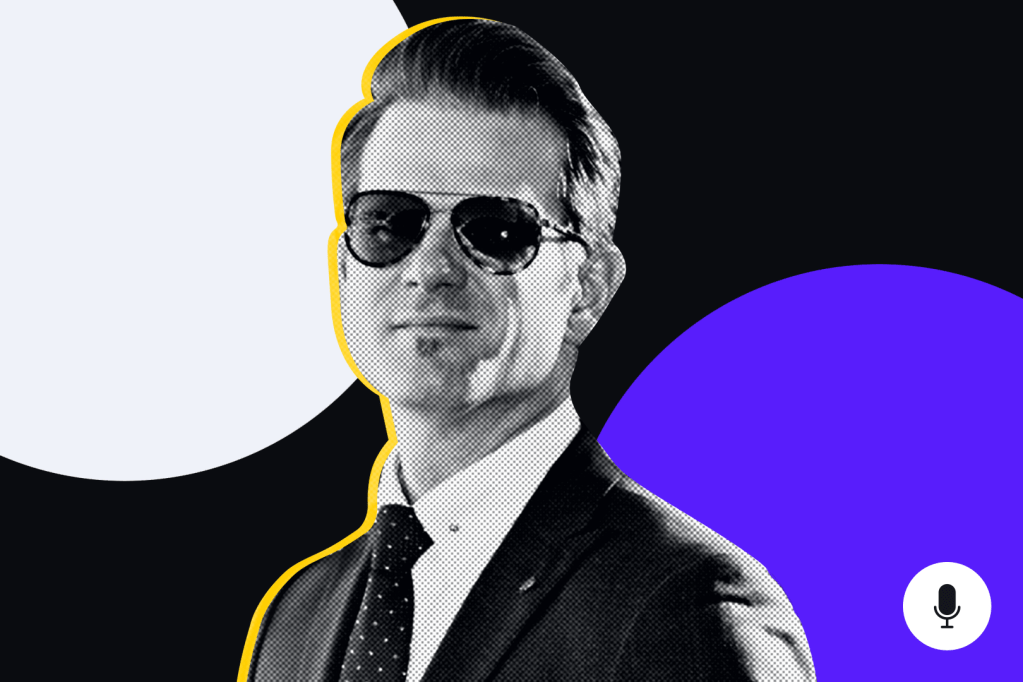The sense that we have seen all this play out before grows stronger by the day as the implications of the spectacular collapse of crypto exchange FTX sink in. The digital age seems to follow a cycle in which grandiose claims about freedom and opportunity first create superstar disruptors and
Register for free to keep reading
To continue reading this article and unlock full access to GRIP, register now. You’ll enjoy free access to all content until our subscription service launches in early 2026.
- Unlimited access to industry insights
- Stay on top of key rules and regulatory changes with our Rules Navigator
- Ad-free experience with no distractions
- Regular podcasts from trusted external experts
- Fresh compliance and regulatory content every day

